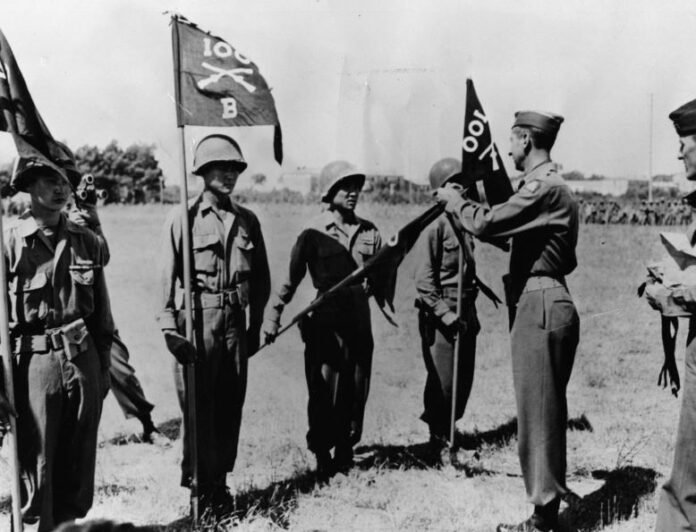Japanese officials in Bangladesh are preparing to return the bodies of 23 soldiers who died during World War II after more than 80 years, according to exhumation teams. The bodies were exhumed from the Maynamati war cemetery, located near Comilla in Bangladesh, on Monday. The cemetery is the final resting place of over 700 war casualties from various nations who were killed during the conflict.
The soldiers were treated at the Maynamati field hospital before succumbing to their injuries, said Hillol Sattar, Bangladesh’s country manager for the Commonwealth War Graves Commission, which oversees the cemetery.
The Japan Association for Recovery and Repatriation of War Casualties, a government-backed organization, is coordinating the recovery process to return the remains to Japan. According to a statement from the Embassy of Japan, the association’s mission is to repatriate the remains of Japanese soldiers from regions that saw intense fighting during World War II, including the Philippines, Papua New Guinea, Solomon Islands, Indonesia, and Myanmar.
Japan’s involvement in the war included fierce battles in China and Burma (now Myanmar), as well as attempts to invade British-ruled India, which included modern-day Bangladesh. The war ended in August 1945 after the United States dropped two atomic bombs on Japan.
At the time of the soldiers’ deaths, Bangladesh was part of British India, which split into India and Pakistan after the British Empire’s departure in 1947.
Retired Bangladeshi army colonel Sajjad Ali Zahir, a member of the excavation team, stated that the identities of the bodies will first be verified through DNA testing. “Once the process is complete, the remains will be handed over to the families,” Zahir explained. The soldiers will be buried with full military honours upon their return to Japan.
The remains, which include both complete skeletons and fragmented bones, are in an “extremely fragile state” after eight decades, Zahir added.
This effort comes amid strong diplomatic ties between Bangladesh and Japan, two close trading partners. Tokyo has also expressed support for a “peaceful and democratic political transition” in Bangladesh following the ouster of long-time leader Sheikh Hasina in August, backing interim leader Muhammad Yunus.
Key Points:
- Repatriation Effort: Japan is preparing to return the bodies of 23 soldiers who died during World War II after more than 80 years.
- Exhumation: The bodies were exhumed from the Maynamati war cemetery near Comilla, Bangladesh, where over 700 war casualties from multiple nations are buried.
- Japanese Soldiers’ Fate: The soldiers had been treated at a field hospital in Maynamati before succumbing to their injuries.
- Recovery Organization: The Japan Association for Recovery and Repatriation of War Casualties, a government-backed organization, is coordinating the repatriation process.
- Historical Context: Japan fought in regions like China, Burma (Myanmar), and attempted to invade British India (now Bangladesh) during the war.
- DNA Identification: The bodies will undergo DNA matching to confirm their identities before being returned to their families.
- Fragile Condition: The remains, including full skeletons and bone fragments, are in an extremely fragile state after 80 years.
- Diplomatic Ties: The repatriation effort highlights strong trade relations between Bangladesh and Japan, with Tokyo also expressing support for Bangladesh’s political transition.



